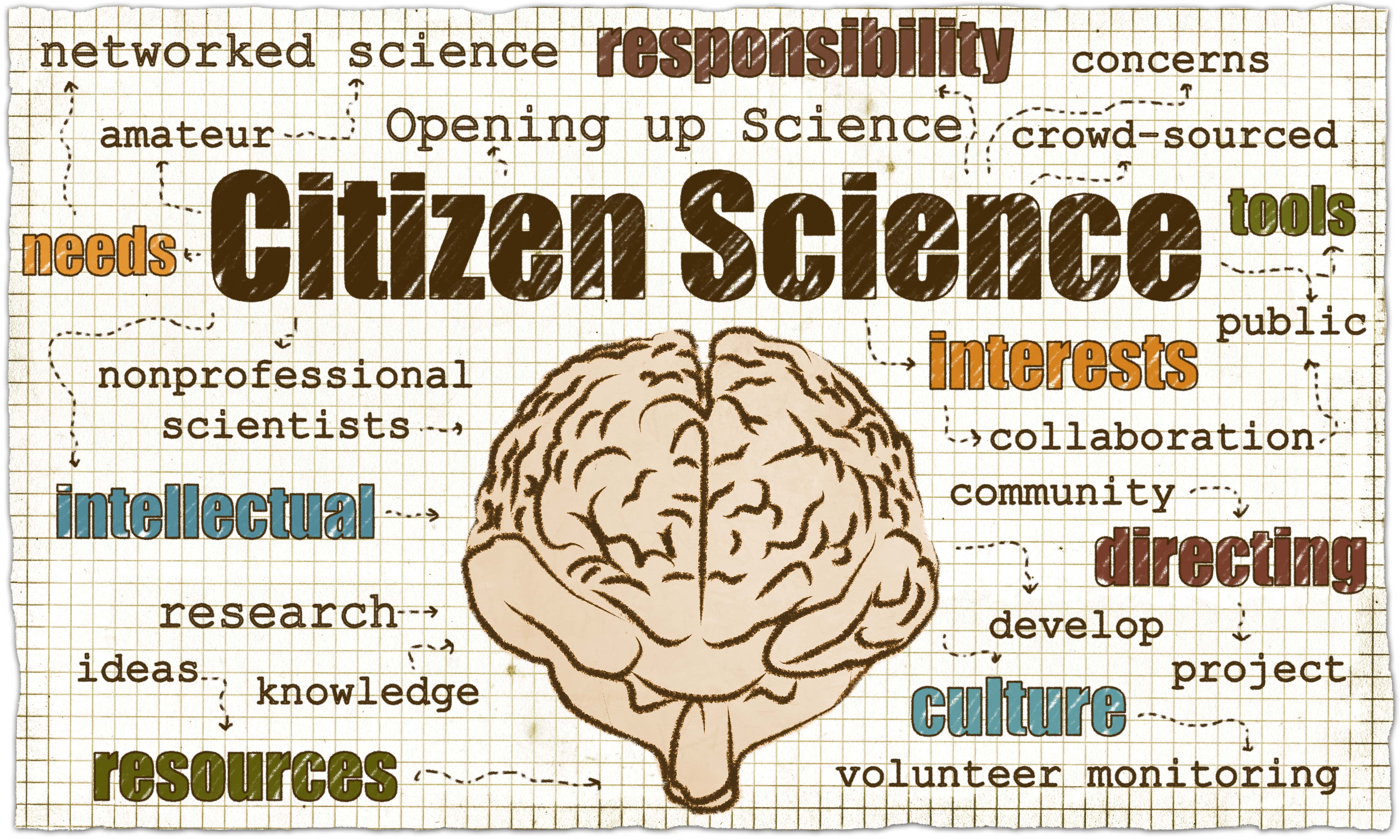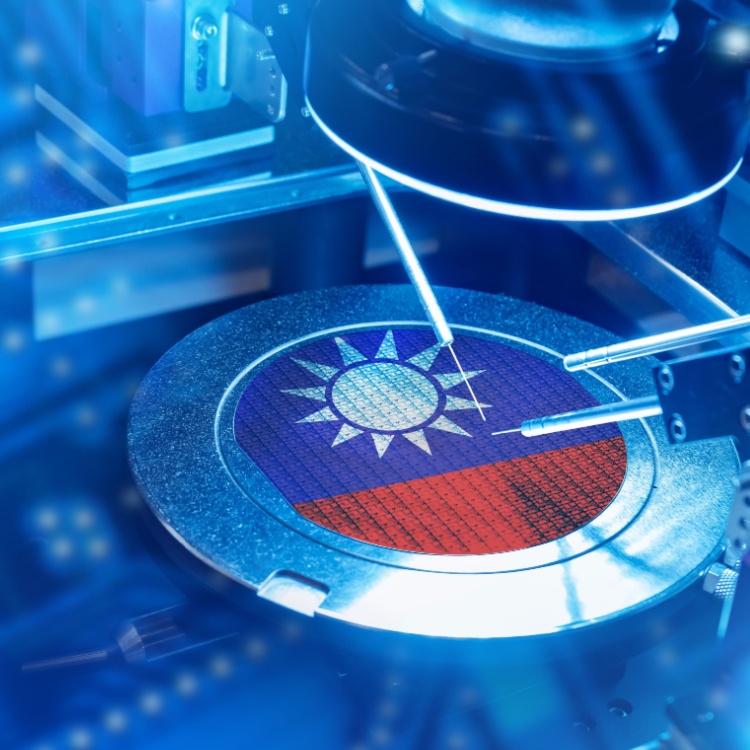COVID-19 and the Rise of Citizen Science

Citizen science is a growing movement of scientists and concerned citizens who collaborate to add to our world’s body of scientific knowledge. Here’s how power-peopled research is aiding the global fight against COVID-19.
When people unite and participate in a common objective, great things happen. That is the power of citizen science: a collaboration between the public, scientists, and researchers. Volunteers from around the world can assist with data monitoring and collection, transcribe groundbreaking scientific work, and help fight diseases.
This partnership can increase scientific knowledge, address issues of common concern, and influence policy and society. And the best part is, you don’t need an extensive scientific background--only the necessary tools, time, curiosity, and willingness to help and learn.
In this article, we’ll touch briefly on the history of citizen science. We'll find out its benefits for participants, researchers, and society as a whole. We’ll also give examples of this people-powered research in action. We'll learn how you can make a difference wherever in the world you may be.
From hunting to counting
The term "citizen science" was coined by sociologist Alan Irwin in the mid-1990s. It may be a relatively new term, but citizen science is an old practice. In the late 1800s, the Christmas Side Hunt was a popular holiday tradition among American hunters. They would choose sides in a field, and whoever shot the most wildlife won.
At that time, natural resource conservation was beginning to take root. Frank M. Chapman, an ornithologist, came up with a new holiday tradition: the Christmas Bird Count. Instead of hunting birds, citizens began counting them. This annual event continues to this day, more than 120 years later.
The benefits of citizen science
The Internet, coupled with technological advances such as smartphones, GPS, database systems, and cloud computing has allowed citizen scientists to capture, share, and analyze even more data. How can participants and researchers benefit from this global community?
For participants: a stake in science
In this time of great upheaval--the COVID-19 pandemic, climate change, overpopulation, and biodiversity loss--a deeper and broader understanding of science has never been more crucial.
By participating in citizen science, individuals become more science-literate, making them a sharp weapon against fake news. It empowers participants to make a difference in their immediate environment, allowing them to have a say in causes that matter to them and their community.
For researchers: a larger scale and a fresh perspective
Collecting large samples of data is one of the most vital aspects of scientific research. It is also one of the most challenging. But, with today’s interconnected world, thousands of citizen scientists from across the globe can remotely contribute to a study.
This enables scientists and researchers to conduct their work on a much larger scale. They can create larger data sets and accomplish labor-intensive tasks faster and more efficiently.
Working with non-experts also provides researchers with fresh perspectives that could lead to unexpected insights. Input from long-standing community members could help scientists develop new research questions that could greatly benefit the community.
This partnership between citizen scientists and academia not only accelerates research but also boosts public trust in it. By democratizing knowledge, citizen science encourages people to take a stake--and a stand--in the world around them. An informed public could have a larger, more valuable role in shaping science policy.
COVID-19 and citizen science
Twenty years ago, faculty members of the chemistry department of Stanford University launched a crowdsourced supercomputing project called Folding@home. Now based at the Washington University School of Medicine in St. Louis, it focuses on disease research. The project simulates the movements--or folding--of proteins that leads to diseases such as cancer, cystic fibrosis, and Alzheimer’s disease. Volunteers share their unused computer power with Folding@home, running the organization’s software to help calculate protein dynamics.
When the COVID-19 pandemic struck, Folding@home announced that they would be focusing all of their attention on the SARS-CoV-2 virus. The public response was massive: from 30,000 devices pre-pandemic, over four million computers were running the software by June 2020.
Dr. Greg Bowman, Director of Folding@home, compared this development to the citizens’ fleet in the movie Star Wars: The Rise of Skywalker, where “everyone came together to face a common foe”.
And rightfully so: citizen scientists were able to create an exascale computer capable of calculating a quintillion (1018) operations per second. Folding@home was able to simulate SARS-CoV-2’s proteins for a tenth of a second, enabling researchers to “accurately characterize some of SARS-CoV-2’s specific functionality” to support critical research.
Folding@home is not the only organization that has benefited from the support of citizen scientists across the globe. Here are other COVID-19 citizen science projects you can join.
The Covid Open Survey. The survey aims to better understand the virus’ transmission patterns and its effect on physical and mental health. It was created by a team of scientists at the Center for Research and Interdisciplinarity (CRI) in Paris with collaborating researchers from all over the world.
Solve. An initiative of the Massachusetts Institute of Technology (MIT), its mission is “to solve world challenges”. Its Health & Security Pandemics Challenge is seeking tech-based solutions that can help communities prepare for, detect, and respond to emerging pandemics and health security threats.
Crowdfight COVID-19. The platform matches volunteers with researchers who have specific needs or tasks. It can be as simple as transcribing data from notebooks to providing specific expertise.
CoronaReport. This citizen science project aims to understand the short- and long-term impact of COVID-19 on our physical, social, mental, and behavioral health and well-being. The project is grounded in Applied Developmental Science (ADS), which combines developmental research with actions, policies, and programs to promote positive development.
Citizen science for a better world
Contributing to the fight against the COVID-19 pandemic isn’t the only way to help. From biology and the climate to social science and literature. Zooniverse is a citizen science platform where science enthusiasts can help scientists collect and analyze data for various research projects. Watch this video to understand the mechanics of the platform:
Here are other websites you can check out for your first citizen science project.
Every day, we see how scientific discoveries and technological advancements make our lives better and easier. Now, imagine being part of such endeavors. No matter how small your contribution, you are able to improve and protect our way of life and the world we live in. With citizen science, you don’t have to imagine. You can help make it a reality.
As one of the Top 20 EMS companies in the world, IMI has over 40 years of experience in providing electronics manufacturing and technology solutions.
At IMI, we believe that humanity drives technology, and we direct our passion at solutions that enhance our way of living. With more than 400,000 square meters of factory space in 22 factories across 10 countries, we are positioned to build your business on a global scale.
Our proven technical expertise, worldwide reach, and vast experience in high-growth and emerging markets make us the ideal global manufacturing solutions partner.
Let's work together to build our future today.
Other Blog



